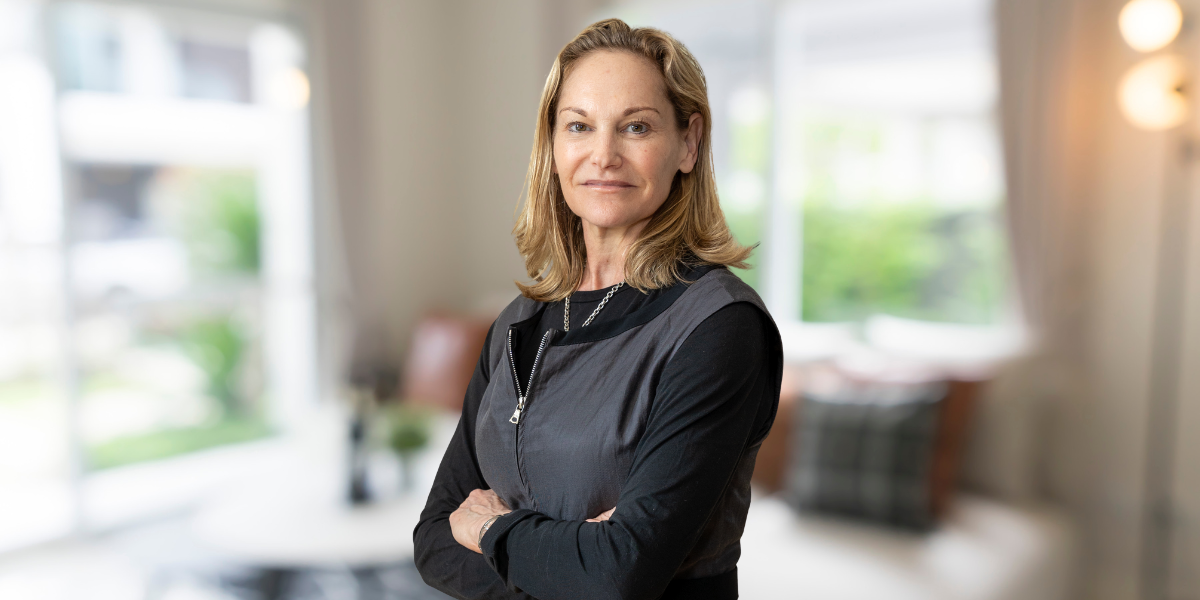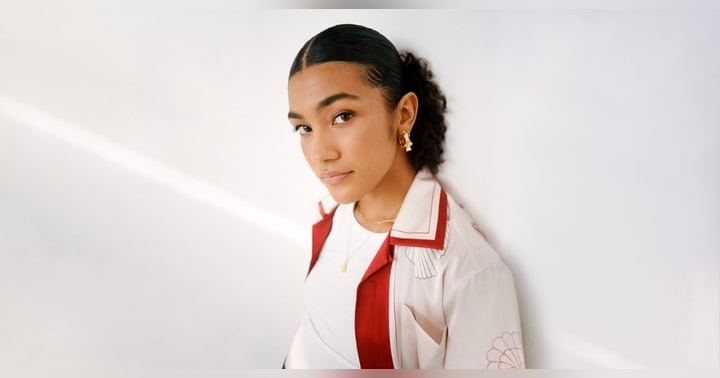The Unexpected Duo Behind Charisse Tabak’s Success: Embodiment + AI

After hundreds of unanswered job applications, Charisse Tabak didn’t retreat—she reinvented. Fueled by curiosity and courage, she merged two unlikely paths—embodiment work and AI—to found Aigent-C, a human-first AI literacy and leadership company. In this edition of the Wantrepreneur to Entrepreneur Spotlight, Charisse shares how she built an entirely new offering that empowers non-technical professionals to move from AI anxiety to confident adoption. Her approach goes beyond tools, integrating somatic leadership and emotional clarity to shape calm, capable changemakers. Charisse isn’t just teaching people how to use AI—she’s helping them redefine their relationship with the future.
Hi, Charisse! Thanks for joining us today. Tell us about your business. Who do you serve, how do you serve them, and what's the impact that your business and work makes?
Aigent-C is a human-first AI literacy and leadership training company that helps non-technical professionals, managers, and teams move from overwhelm to confident adoption of AI. Unlike traditional training that focuses solely on tools or mindset, Aigent-C integrates both—combining practical, no-code AI skills with embodied leadership practices like centering, stress regulation, and clear communication. This dual approach equips people not just to use AI, but to stay calm, ethical, and resourceful while doing so.
Through a structured learning journey called the AI Confidence Pathway, participants learn to prompt effectively, research intelligently, and even build custom AI assistants—all while developing the presence and resilience needed to lead through change. The result is more than skill-building; it’s a transformation of how people relate to technology, themselves, and the future of work. Aigent-C closes the confidence gap in AI adoption by teaching people how to engage with AI from a place of clarity, capability, and calm
Tell us about the moment you finally felt like you went from wantrepreneur to entrepreneur.
The shift from “wantrepreneur” to entrepreneur didn’t happen in one big moment, it emerged from a series of choices made in the middle of fear, not clarity. The real turning point came when I stopped asking how to get back to my previous career and started asking, “Who am I becoming?” That question didn’t just spark a personal shift—it became the foundation of Aigent-C.
I leaned into two things: embodiment work and AI. Neither felt safe or familiar, but both offered the tools I needed to navigate uncertainty. As I began combining those disciplines—presence and prompting, resilience and research, I was building a new identity and a new kind of offering the market hadn’t seen.
The moment I felt the shift wasn’t when I got a client or launched a product. It was when I realized I was no longer trying to fit into an outdated system. I was creating a space for people like me to explore what comes next.
Describe the moment or period in your life/career that motivated you to make the entrepreneurial leap.
See answer to question above
Describe a tool, service, or software that has been a game-changer for your business. How does it contribute to your success?
A game-changer for my business has been NotebookLM. It acts as my"second brain", a private research workspace that lets me upload source materials and interact with them through AI. It’s not just about speed; it’s about depth. NotebookLM helps me synthesize complex ideas, prep for workshops, and design content with clarity and confidence. It embodies the Aigent-C philosophy: using AI not to replace thinking, but to expand it.
We know that success is very often a non-linear path. Tell us about a failure, pivot point, or lesson that changed your course or direction and helped to get you where you are today.
A defining pivot for me came after applying to over 300 jobs and receiving mostly silence. This was a humbling stretch that shook my sense of identity and success. Instead of forcing my way back into a conventional career, I leaned into curiosity, exploring embodiment work and AI—two areas that initially felt intimidating but ultimately sparked inspiration. That “failure” cracked open the path to Aigent-C, teaching me that success isn’t about returning to what was, but about creating what’s next from a place of presence and possibility.
What unconventional strategy did you employ that significantly impacted your business?
My most unconventional strategy was integrating embodiment work with AI training. While most AI programs focus purely on technical skills, I recognized that the real barrier wasn’t the tools—it was the nervous system. By combining somatic practices like centering and stress regulation with AI literacy, I created a human-first approach that helps people stay calm, curious, and capable in the face of change. This fusion of “skill and state” set Aigent-C apart in a crowded, tech-centric market.
What’s something you wish you knew sooner that you’d give as advice for aspiring or newer entrepreneurs?
“Don’t wait to feel ready, build from where you actually are.” The myth of having it all figured out can stall you. What moved me forward wasn’t certainty, but following what felt alive—even when it was scary. My advice? Start small, stay honest, and don’t underestimate the power of your lived experience. The thing that feels like a detour might actually be your differentiator.
Want to dive deeper into Charisse's work? Check out the links below!
- Visit Aigent-C's website: aigentc.ai





